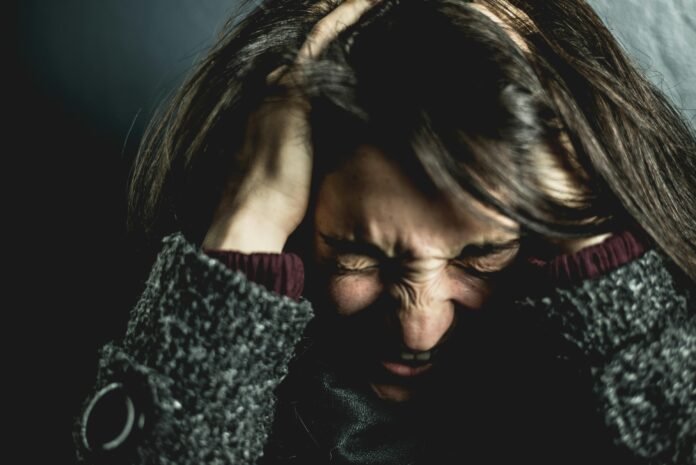Are you the kind of migraine sufferer for whom excessive sound can trigger or worsen an attack? Take a week off – this column is not addressed to you.
“Music hath charms to soothe the savage breast… to soften rocks, or bend the knotted oak.” (William Congreve)
Hmmm. I wonder if music has a beneficial effect on migraines? Why not?
I read that dairy farmers discovered that their herds produce more milk when Beethoven’s music is piped into the barns than if the cows are exposed to hard rock (with apologies to that sector of the music industry!).
How many videos have gone viral showing cows attracted to Irish folk songs, dogs affected by opera, birds dancing to rhythmic music, cows listening to an accordion playing, and an African elephant enchanted by piano music?
How many have experienced normally staid reserved church members being irresistibly brought to their feet by a singer leading them in a rousing spiritual?
Happily, modern science, including medical science, has discovered that music has measurable effects on human health and behavior.
I remember music by Bach favoring children studying mathematics.
While working as a nursing volunteer at a world-famous children’s hospital, I was entrusted with an FTT (‘failure to thrive’) infant, a bottle of formula, and a tape recorder playing Mozart. Every possible effort needs to be extended for these babies to want to eat enough and gain weight.
The nurse explained that feeding the child with background music causes such babies to drink more. Since feeding this little one was going to take more time than usual, I asked whether there was a tape by Beethoven. That’s when the nurse explained that the very precise hospital prescription was for music by Mozart, which is apparently more effective in such cases. There’s a tip for your next dinner party… (Time to buy shares in the music industry…)
Music has a genuine effect on our physical body. How else would you explain hearing a song never heard before sung by one of the remote indigenous tribes in the world and having it cause gooseflesh? Or recordings of natural sounds, including birdsong in natural areas in the world?
One friend explained to me that listening to recordings of humpback whale songs has a noticeable comforting effect on her physical heart. Male humpback whales emit melodic sounds that, in fact, are their language.
Happily, this language sounds like songs to us. Humpback whale song is considered so important that a recording of these beautiful mammals’ songs was included in a space vehicle sent into outer space along with a message of peace.
If music has a beneficial effect on the heart, why not migraines?
Are you too tired to do the research yourself? Perfectly understandable: you are recovering from your last attack and catching up on responsibilities that piled up while you were laid low.
Now’s the time to ask an adult family member or friend to undertake this research project. (I say ‘adult’ because of the large population of computer geniuses – any 8-year-old, you know! – could be very well alarmed by what they read about how migraine affects their beloved parent.
This is too much for them to bear. I remember how upset I was when I was brought to a hospital emergency room. My mother happened to be suffering from a migraine that day. When she was out of the room, I begged the doctors and nurses to please heal my mother from those awful headaches that she had so often. The only reaction I got was no comment and faint smiles. I was devastated that the adults around us seemed unable to DO anything noticeable to help her get rid of her pain.)
Once you’ve found some very targeted music or combinations of sounds that alleviate migraine pain or that have a direct effect on your nervous system, just listen to the sounds, let the sounds wash over you, don’t analyze or judge, just try to do some breathing exercises that will help you absorb the benefits of those sounds. Try listening for a few minutes daily and analyze how you feel after about a week. If you feel better, consider adding it to the little gestures you are making to improve your health.


